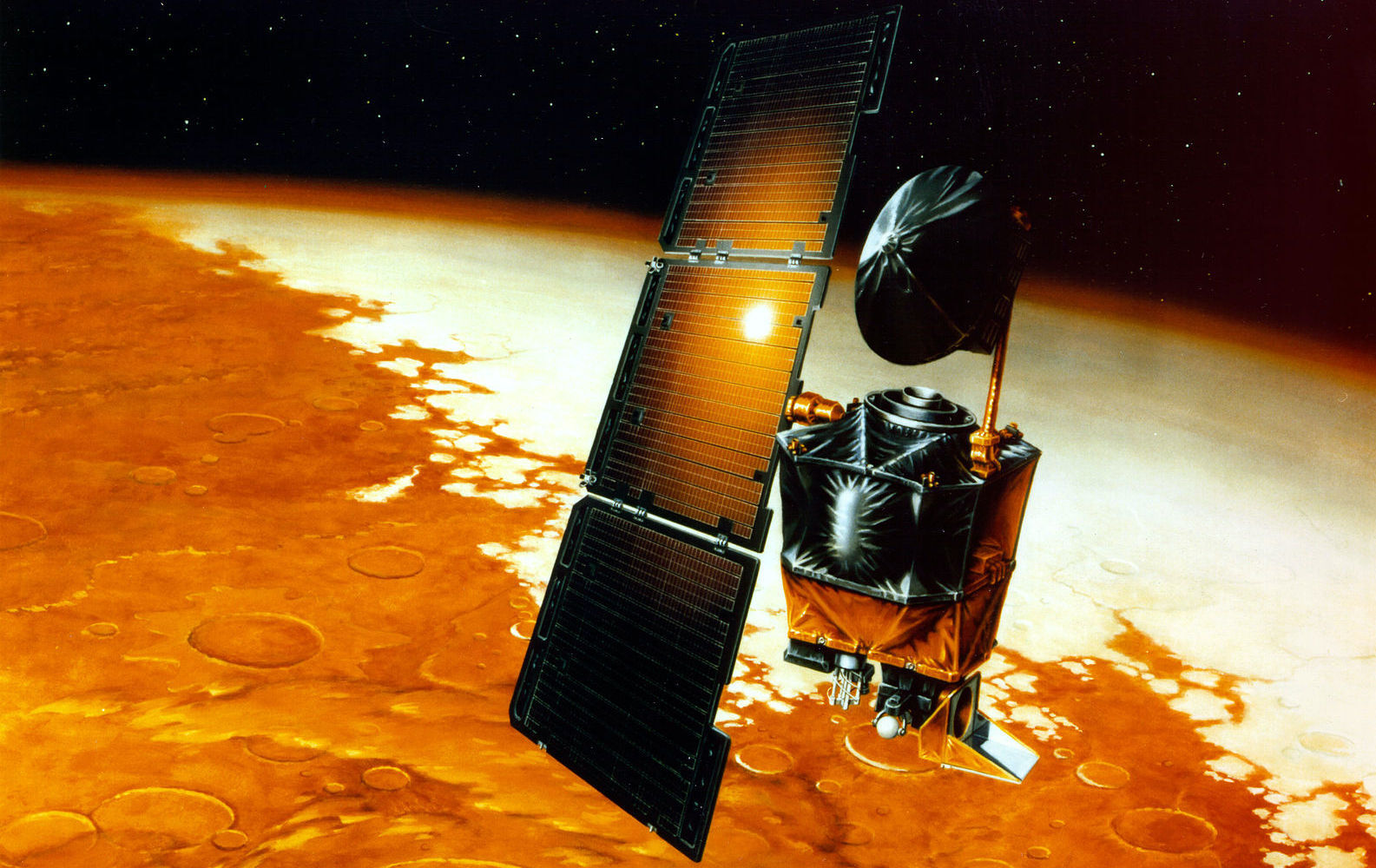Elon Musk understands the danger of imprecise language. He builds spacecraft, and that is an unforgiving business. NASA does not use precise language, causing them to crash the $125 million Mars Climate Orbiter. SpaceX does use precise language.
Twitter uses imprecise language. You used to get banned for wishing violence on anyone. After the war started, they decided to make an exception for people who wish death on Russians. And then they had to clarify that you were still not allowed to wish death on good Russians, only bad Russians. And Twitter will be the arbiter of who is good and who is bad.
Elon Musk is so unhappy about Twitter’s imprecise language that he is willing to spend 45 billion dollars to buy the whole thing and fix it. His proposed fix: A short, clear list of banned conduct.
Whenever I am called in to do a post-mortem on a failed IT project, the root cause is always imprecise language. The specification calls for something vague like “easy to use.” But it does not provide the precise detail to evaluate if the system meets its goals. Systems must also be “fast,” “mobile-friendly,” and be “visually attractive.” Vagueness allows different people to get different messages from the same document. In diplomacy, agreements are sometimes worded so both sides can read it as a victory for them. That doesn’t work in IT systems. Are you using imprecise language in your communication?

